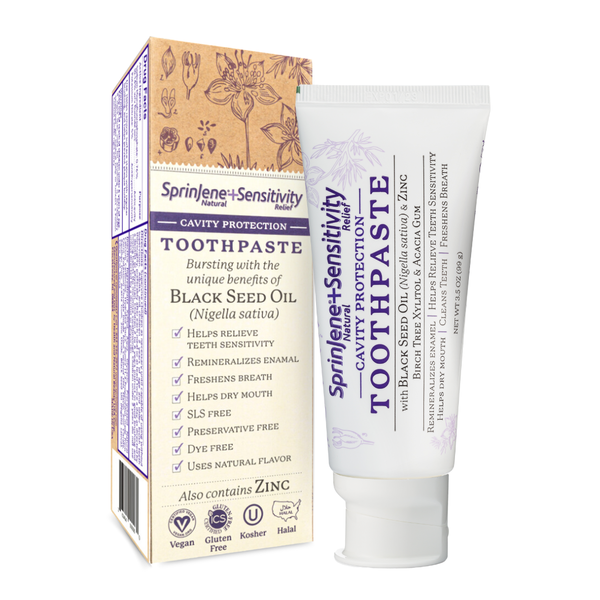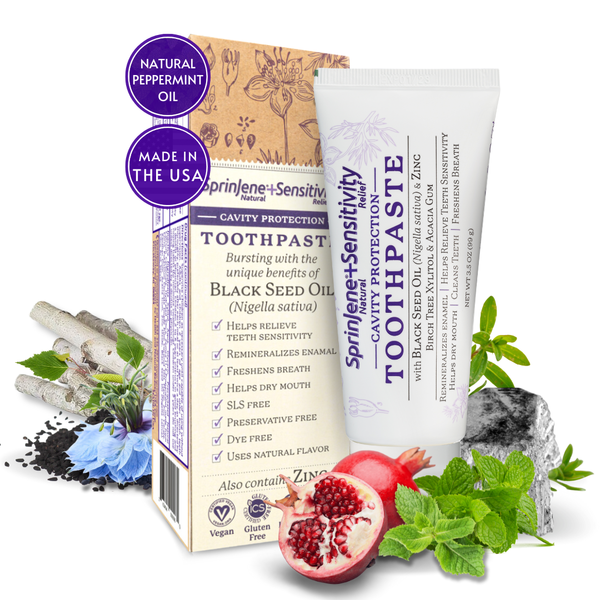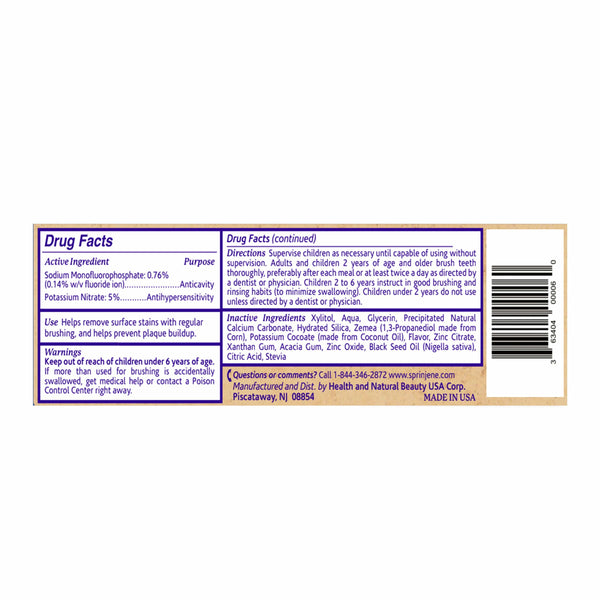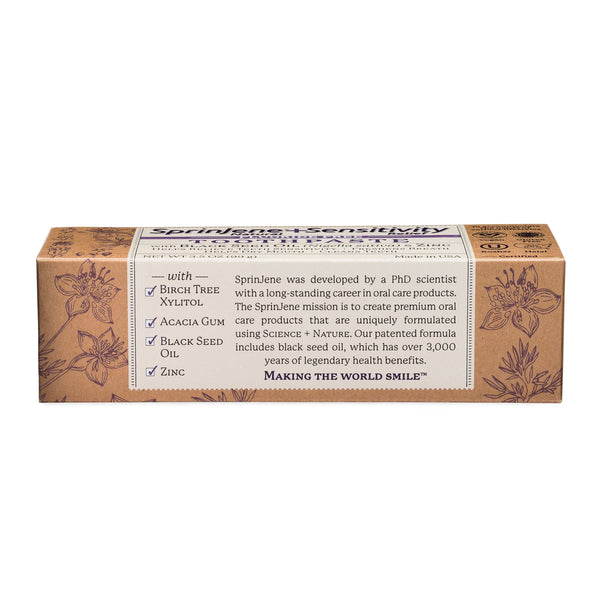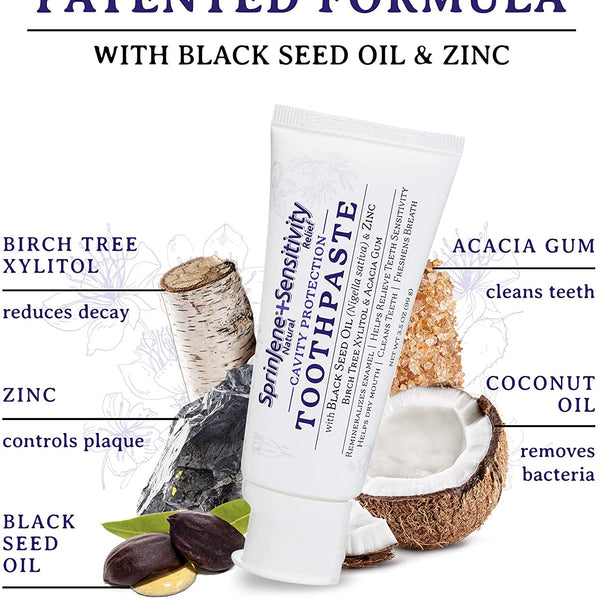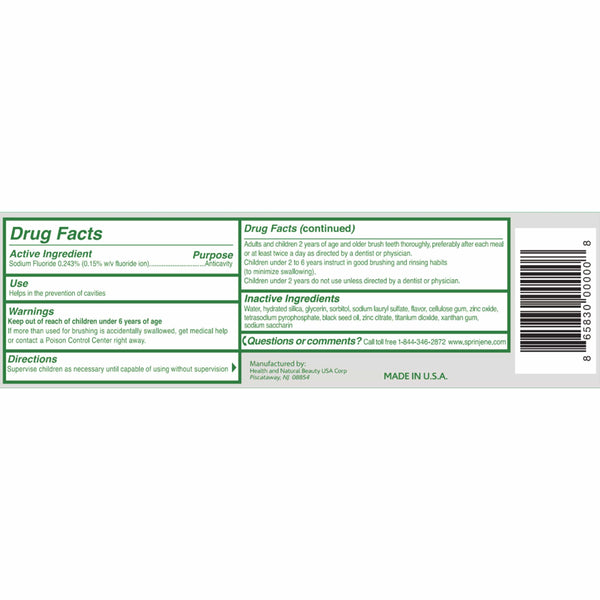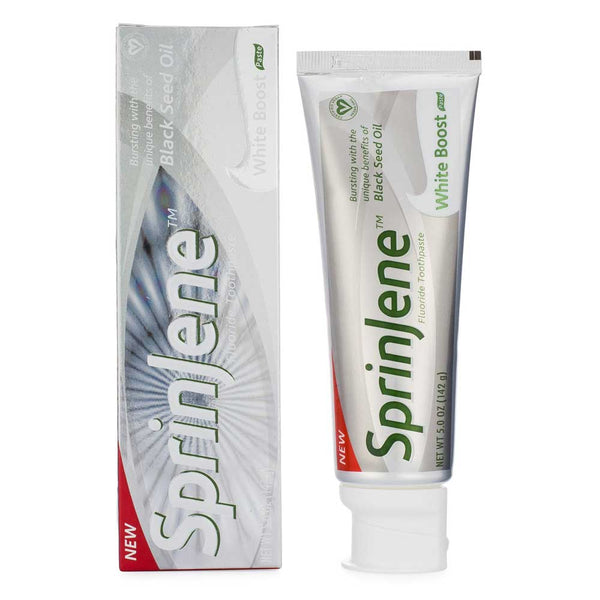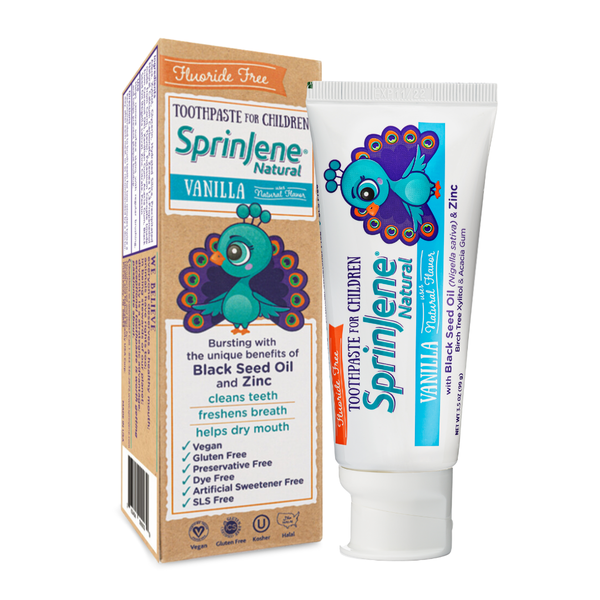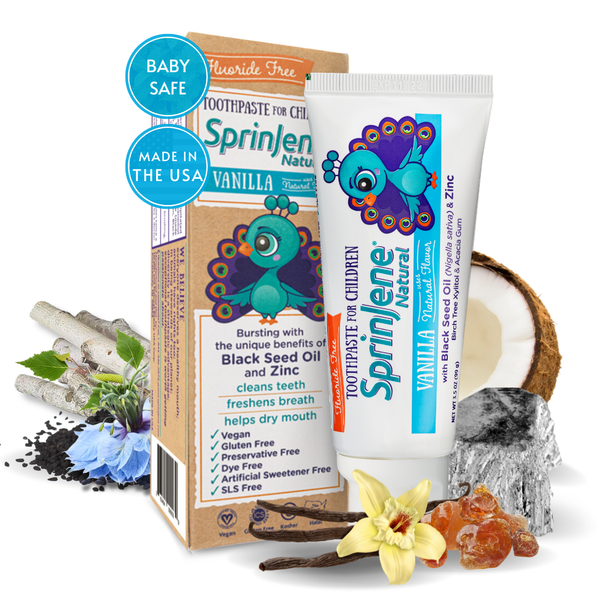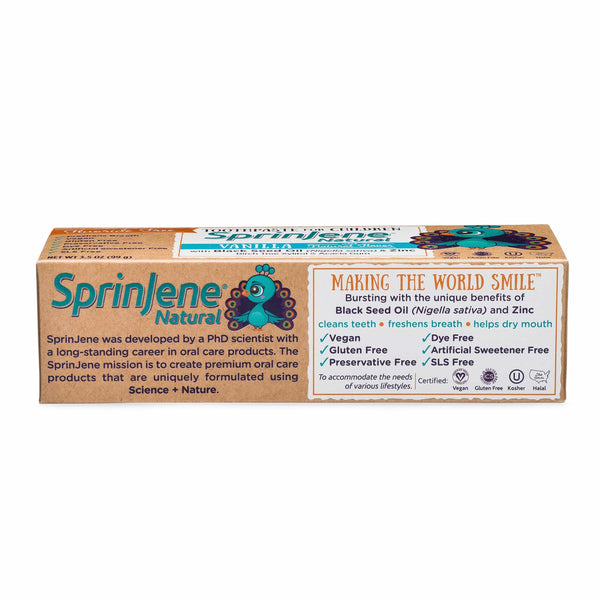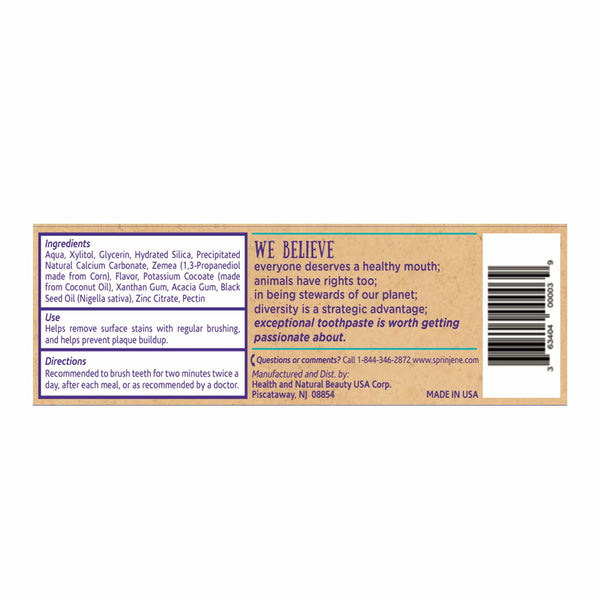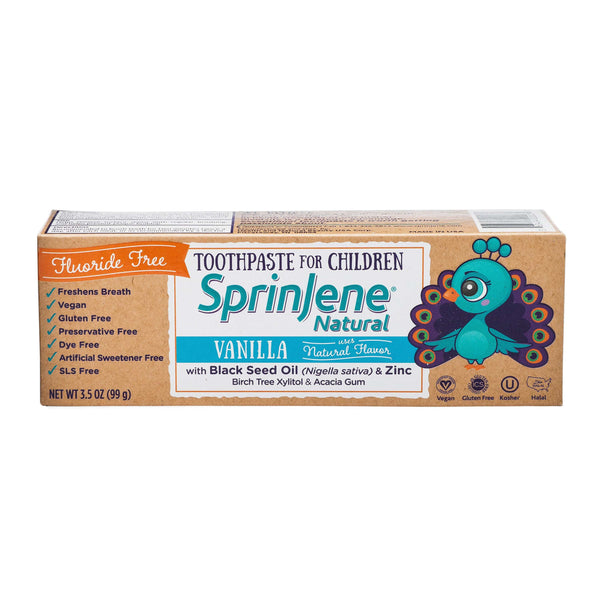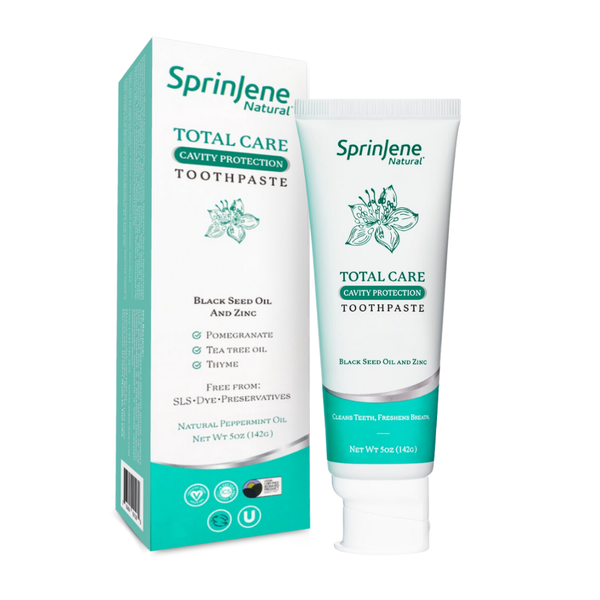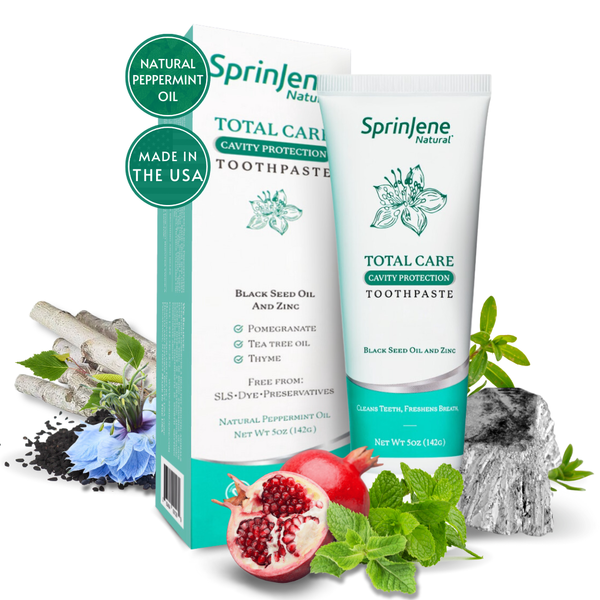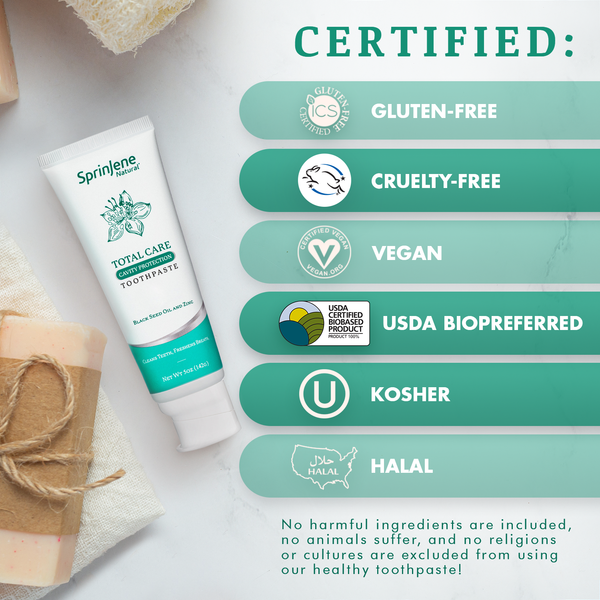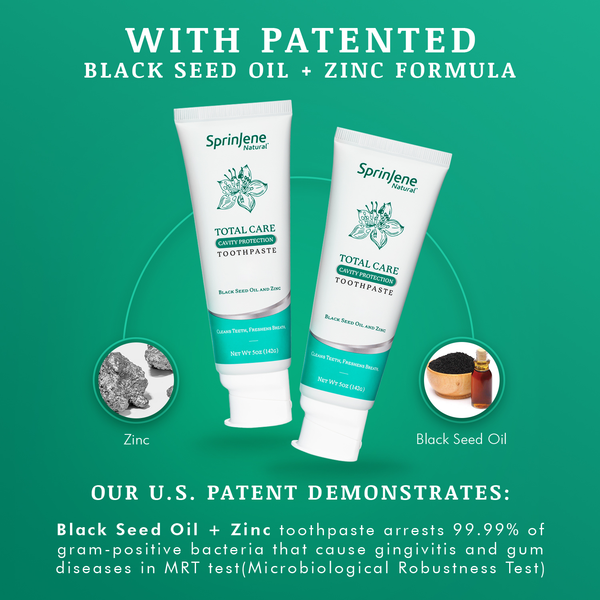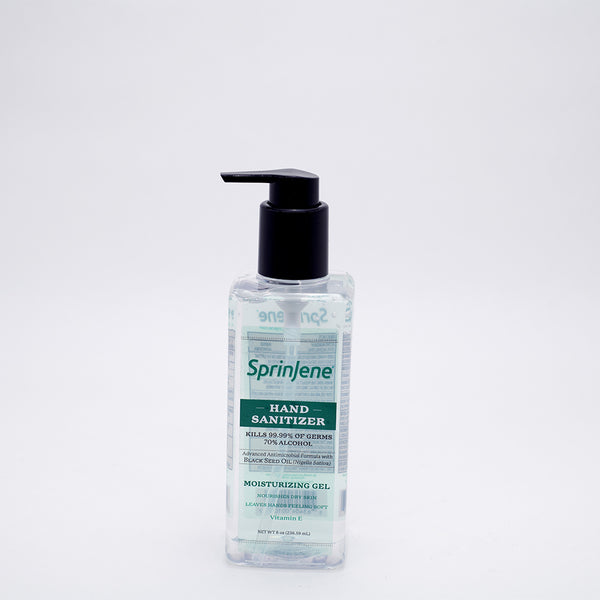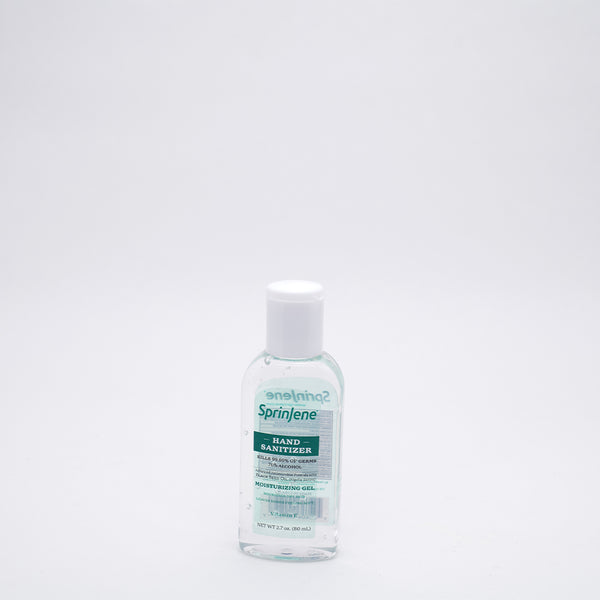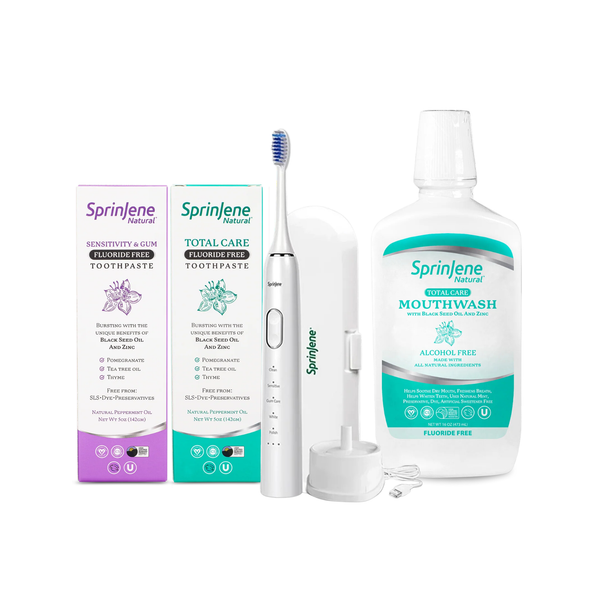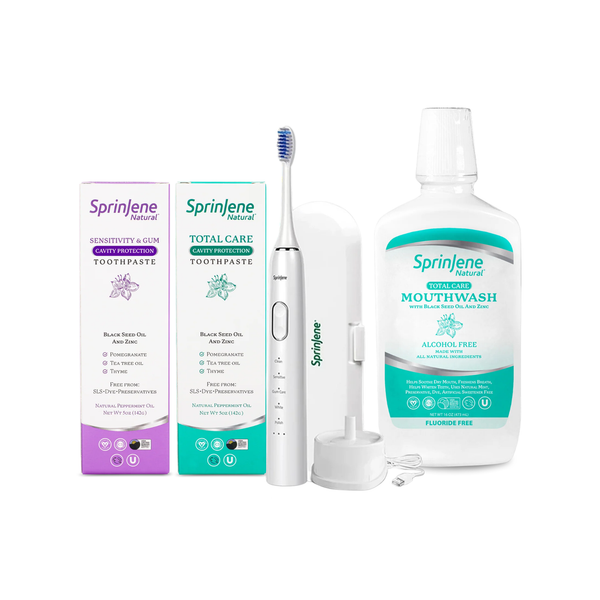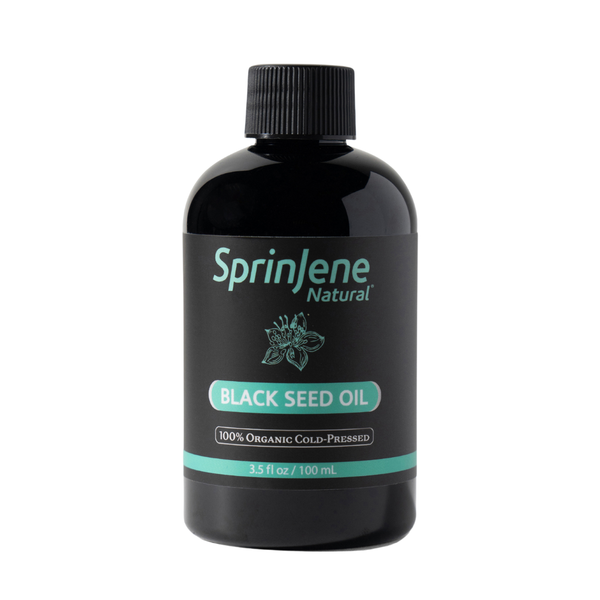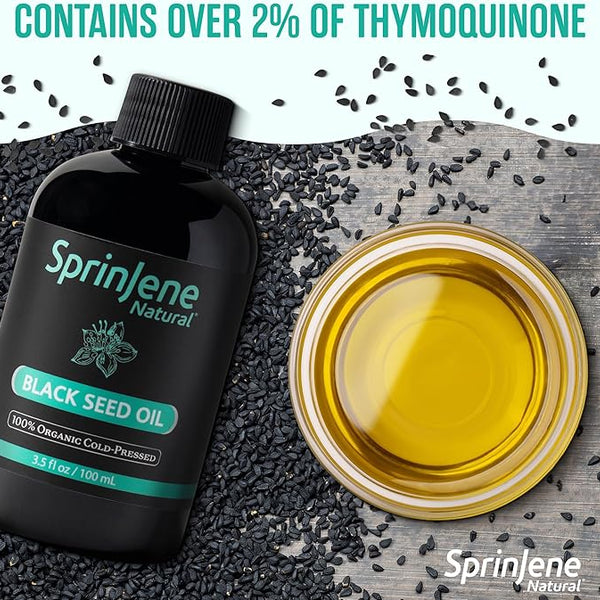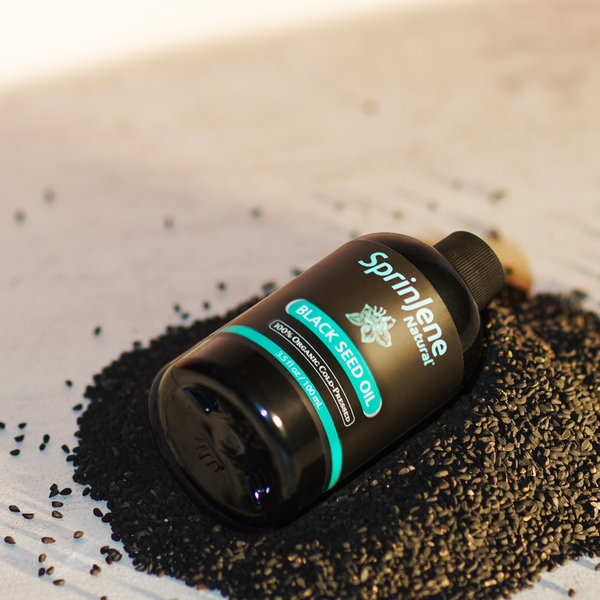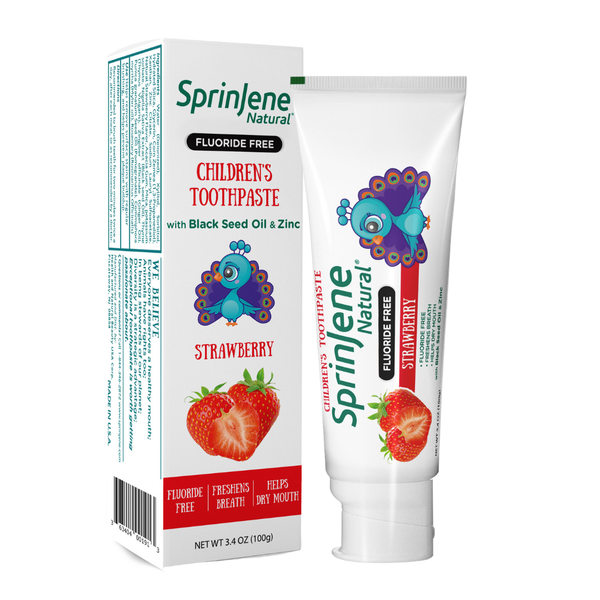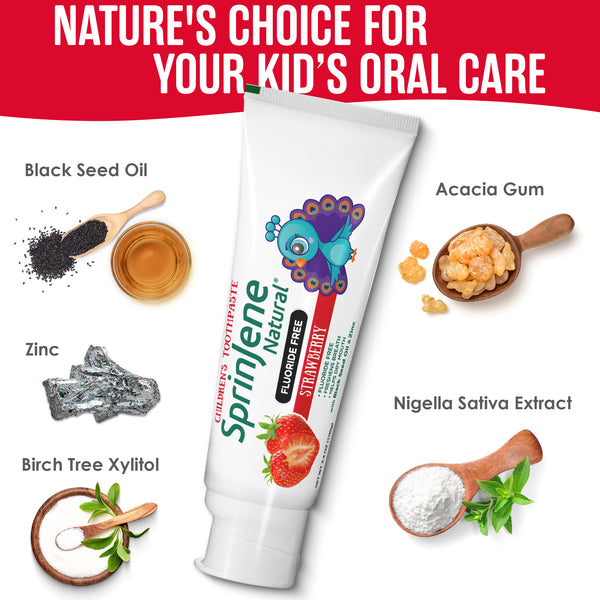
WHAT IS ACACIA GUM?
Acacia gum is known by many names, such as Gum Arabic, Indian gum, Gum Sudani, Mesaka and Senegal gum. It is a natural gum consisting of hardened sap taken from two species of Acacia trees namely, Acacia senegal and Acacia seyal, grown in sub-Saharan Africa, particularly Sudan. It is one of the oldest and most important medicinal plants used in traditional, or alternative, medicine. It is native to Africa, Oman Saudi Arabia, India, Pakistan, Israel, Nepal and Iran.
Beneficial Uses of Acacia Gum:
Medicinal
Pharmacologically, Acacia Gum has been confirmed to have several therapeutic actions, such as lowering blood sugar, having antioxidant, immune-modulatory and anti-microbial properties.
Acacia species are commonly known as ‘Babool’ in India and have long been used for the treatment of skin, sexual, stomach and tooth problems as well as to protect against hepatic, renal, and cardiac complications in diabetic and chronic renal failure patients.
Food
In food, Acacia gum is used as a stabilizer. It is edible and Arab populations use the natural gum to make a chilled, sweetened, and flavored gelato-like dessert.
Ink
Acacia Gum has been used from ancient times as part of black ink. Its main constituents were soot from lamps or burnt plant material. Written on paper or papyrus, this ink has survived for over three thousand years.
Gum Arabic is a key ingredient in traditional lithography and is used in printing, paint production, glue, cosmetics and various industrial applications, including viscosity control in inks and in textile industries.
Painting and art
Gum Arabic is used as a binder for watercolor painting because it dissolves easily in water. Pigment of any color is suspended in the acacia gum to get in watercolor paint.
Photography
Historical photography process used gum Arabic mixed with ammonium or potassium and pigment to create a colored photographic emulsion that becomes relatively insoluble in water upon exposure to ultraviolet light. In the final print, the acacia gum permanently binds the pigments onto the paper.
MEDICAL USES OF ACACIA GUM:
Today Acacia is found commonly in grocery store shelves in crushed, ground, and whole form. The acacia that you can buy today may come from one or more of these species. Most of the time, the acacia in food or medicine is Acacia Senegal (L.) Willd. This type of acacia is usually in gum form, and it will say acacia gum on labels and packaging.
Relieves pain and irritation
Acacia gum has a naturally sticky texture. Materials with this property are often used to reduce irritation and inflammation. Acacia gum has been shown to be especially effective in easing stomach or throat discomfort.
Helps wound healing
Acacia is often applied topically on wounds to promote wound healing. Doctors, scientists, and researchers believe that this effect may be due to some of its chemicals, such as alkaloids, glycosides, and flavonoids. In one study, a species of acacia known as Acacia caesia was tested on rats as part of a topical wound treatment. It led to quicker wound healing than the standard treatment.
Another animal study concluded that acacia may also help heal ulcers.
Promotes oral health
The extract of a species of acacia known as Acacia catechu, also known as black khair, can be used in dental products like mouthwash to prevent gingivitis. Powdered acacia can also be used in toothpaste as an abrasive to clean teeth and remove stains without being too aggressive to the surface of your teeth.
Good source of fiber
Acacia gum contains water-soluble dietary fibers that is an excellent source of good fiber in your diet. At the same time it keeps your cholesterol under control. Water soluble dietary fiber can also help you maintain healthy weight and is good for general cardiovascular health. The Food and Drug Administration (FDA) also made changes to regulations in order to recognize the beneficial use of acacia as a good fiber source in many popular foods, including cereals, juice, and yogurt.
Reduces body fat
Acacia gum has the potential to keep your weight in a healthy range while also reducing your overall body fat.
Soothes coughs and sore throats
Because it is known to relieve irritation and inflammation, acacia gum can also help control coughs. Its properties allow it to be used in solutions to coat your throat and protect the mucus in your throat from irritation. Gargling with acacia for coughs can keep your throat from becoming sore as well as ease or prevent symptoms.
Restricts blood loss
The Acacia greggii plant, found in the United States and Mexico, has been shown to help stop blood flow in gashes, wounds, and other surface cuts. Pouring an acacia-infused tea on cuts is an especially effective remedy. This can be helpful for stopping heavy bleeding and disinfecting the area.
APPLICATIONS IN ORAL HEALTH
Due to its health benefits a study was conducted in Feb 2012 to explore the adjunctive use of Acacia Arabica gel in the treatment of chronic periodontitis. A number of participants meeting the eligibility criteria were selected and randomized from the patients coming to the outpatient department of Periodontology, KGMU. Eighty subjects of both genders aged 18–70 years were recruited in the period from 22nd February 2012 to July 2014. Clinical data collection was completed by November 2014.
Within its limitations, the trial showed clinical improvement in Probing pocket depth, clinical attachment level, plaque index, gingival index and bleeding on probing. These results warrant the use of acacia gum in oral health care products.
ACACIA GUM IN NATURAL TOOTH PASTE
Owing to its innumerable benefits especially anti-microbial and anti-inflammatory effects it has been considered for use in oral health products. It is completely natural, safe and edible and hence makes it ideal for oral use.
SprinJene Natural tooth paste for children and adults uses the natural binding property of Acacia gum along with added benefits of being an anti-bacterial and anti-inflammatory agent makes it perfect for reducing plaque and getting rid of bad breath as well as being palliative for the gums in cases of gingivitis.
SprinJene promises to use 100% natural and organic ingredients that have carefully been chosen to enhance and improve oral health as well the over health and well-being of its users. It takes pride in its certifications of being Halal and Kosher so as to not offend any religious beliefs. It is safe to be used by people who suffer from gluten allergies. It is vegan and cruelty free and has not been tested on animals.
We have a wide range of products that range from fluoride and without fluoride, whitening tooth pastes, for sensitivity as well as a children’s range with different flavors to choose from.
REFERENCES:
- Maslin B.R., Miller J.T., Seigle, D.S.: Overview of the generic status of Acacia (Leguminosae: Mimosoideae). Australian Systematic Botany 2003; 16(1): 1-18.
- Orchard A.E., Maslin B.R.: Proposal to conserve the name Acacia (Leguminosae: Mimosoideae) with a conserved type. Taxon 2003; 52(2): 362-363.
- Chopra R.N., Nayar S.L., Chopra I.C: Glossary of Indian medicinal plants. C.S.I.R., New Delhi (1956).1999: 2-23.
- Jain A., Katewa S.S., Galav P.K., Sharma, P.: Medicinal plant diversity of Sitamata wildlife sanctuary, Rajasthan, India. J. Ethnopharmacol 2005; 102(2): 143-157.
- Jain A.K., Shimoi K., Nakamura Y., Tomita I. And Kada T. Preliminary study on the desmutagenic and antimutagenic effect of some natural products. Curr Sci 1987; 56: 1266-1269.
- Joshi S.G.: Medicinal Plants I.B.H. Delhi, 2007: 270-271.
- Kubmarawa D., Ajoku G.A., Enwerem N.M., Okorie D.A.: Preliminary phytochemical and antimicrobial screening of 50 medicinal plants from Nigeria. Afr. J. Biotechnol 2007; 6(14): 1690-1696.
- https://www.webmd.com/vitamins/ai/ingredientmono-268/acacia
- https://www.sciencedirect.com/science/article/pii/B9780128120026000166




